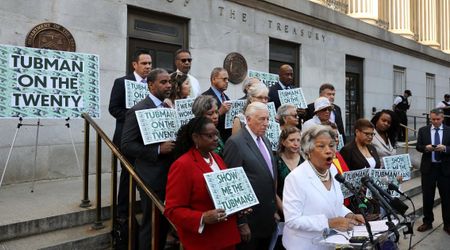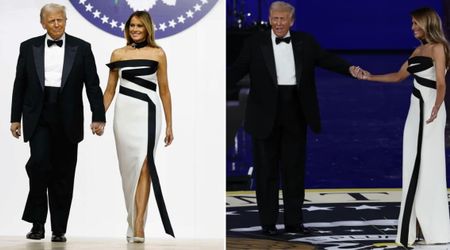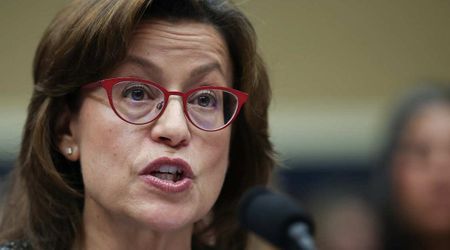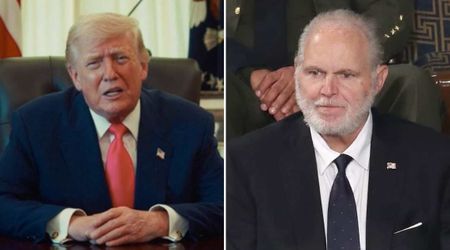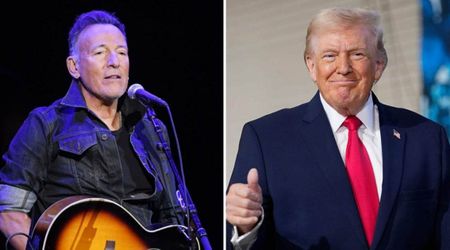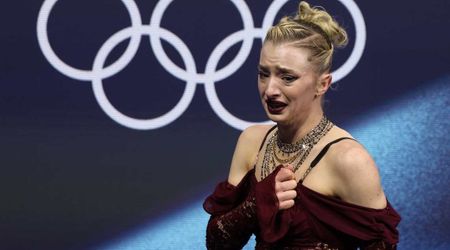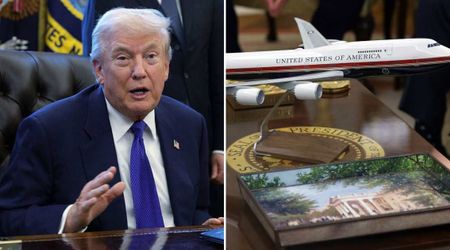Trump drafts secret 28-point Ukraine peace plan with Russia amid Kyiv's concerns
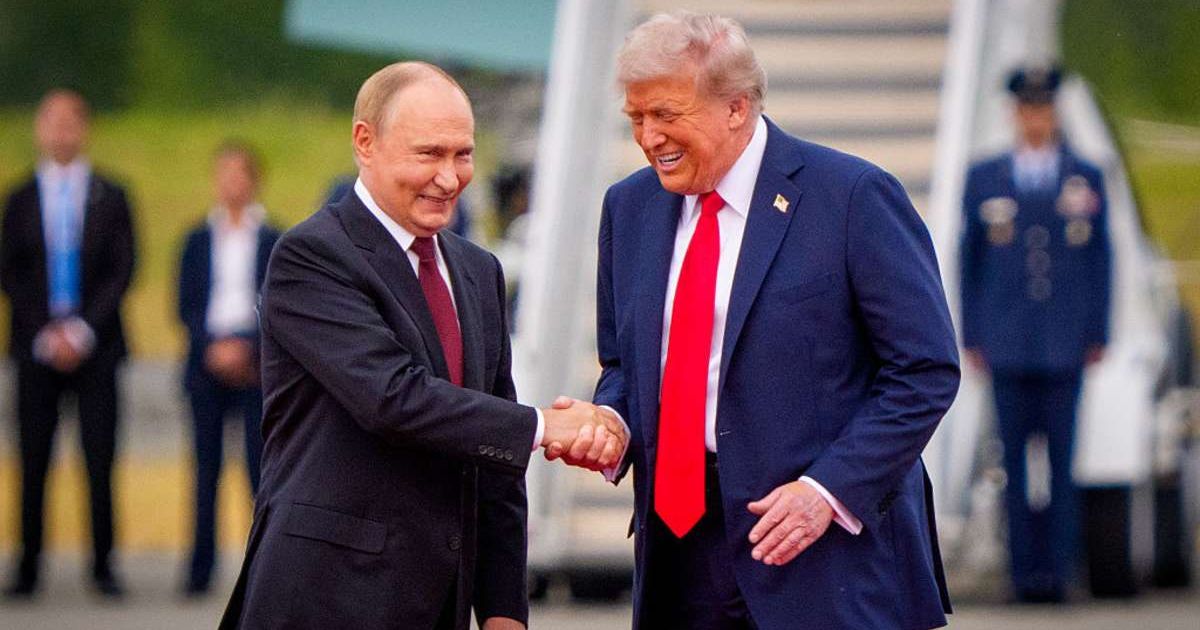
WASHINGTON, DC: In a major diplomatic push unfolding behind closed doors, sources revealed on Monday, November 17, that the Trump administration has been secretly coordinating with Russia to craft a comprehensive plan aimed at ending the Ukraine war.
The effort, modeled partly on President Donald Trump’s pursuit of a Gaza ceasefire deal, has triggered early optimism in Moscow but uncertainty in Kyiv and across Europe.
According to US and Russian officials speaking to Axios, the proposal currently spans 28 points and seeks to address not only peace in Ukraine but broader European security guarantees and the future of Washington’s relationship with both Kyiv and Moscow.
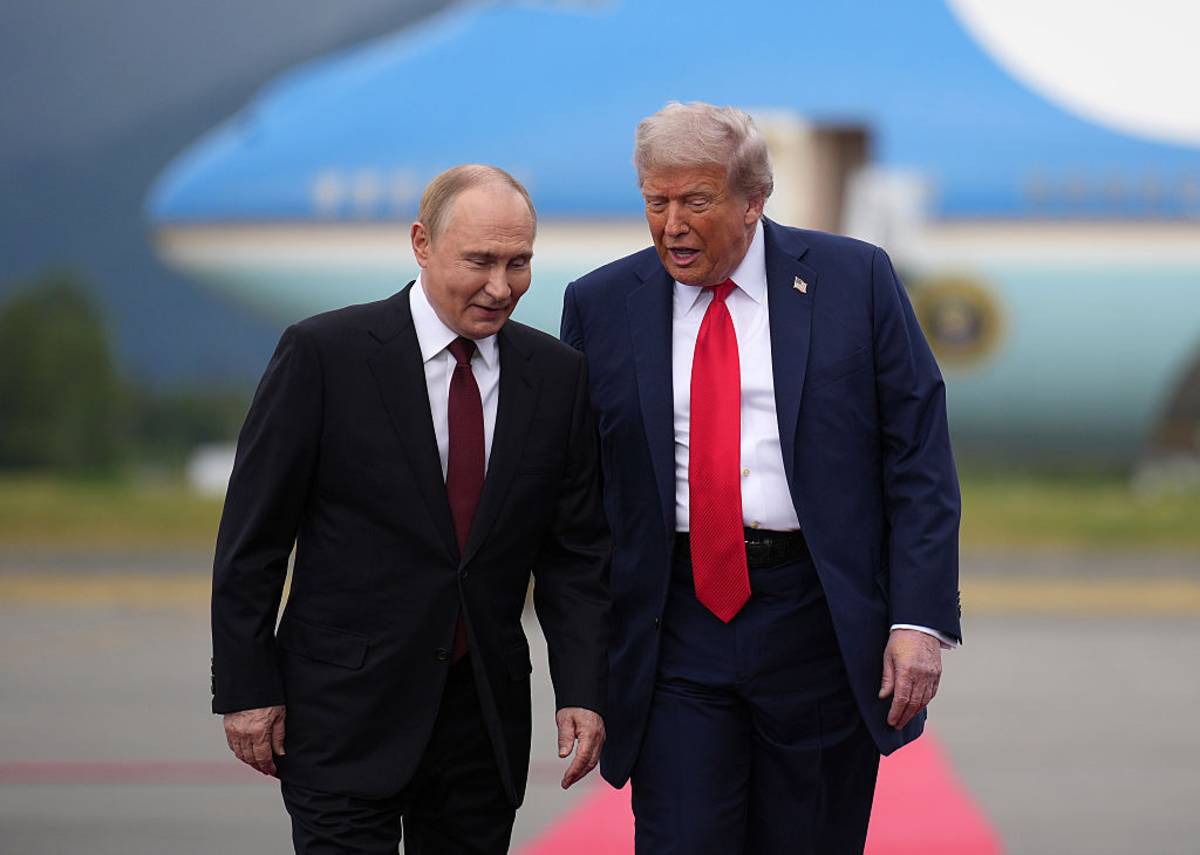
Trump’s 28-point plan sparks global questions about Ukraine’s future
Sources familiar with the effort say the proposal clusters into four broad areas: ending the conflict in Ukraine, establishing long-term security guarantees, reshaping European security, and defining future US policy toward Russia and Ukraine. But it remains unclear how or whether the plan tackles the most contentious issue of all: territorial control inside Ukraine.
Russian forces have made incremental gains in eastern Ukraine, but they still hold far less territory than what the Kremlin has demanded since the invasion began.
Steve Witkoff and Kirill Dmitriev quietly shape the plan behind the scenes
Trump’s envoy, real estate executive Steve Witkoff, is leading the secret drafting process. A US official confirmed that Witkoff has held extensive discussions with Russian envoy Kirill Dmitriev, head of Russia’s sovereign wealth fund and a key figure in Moscow’s diplomatic outreach on Ukraine.
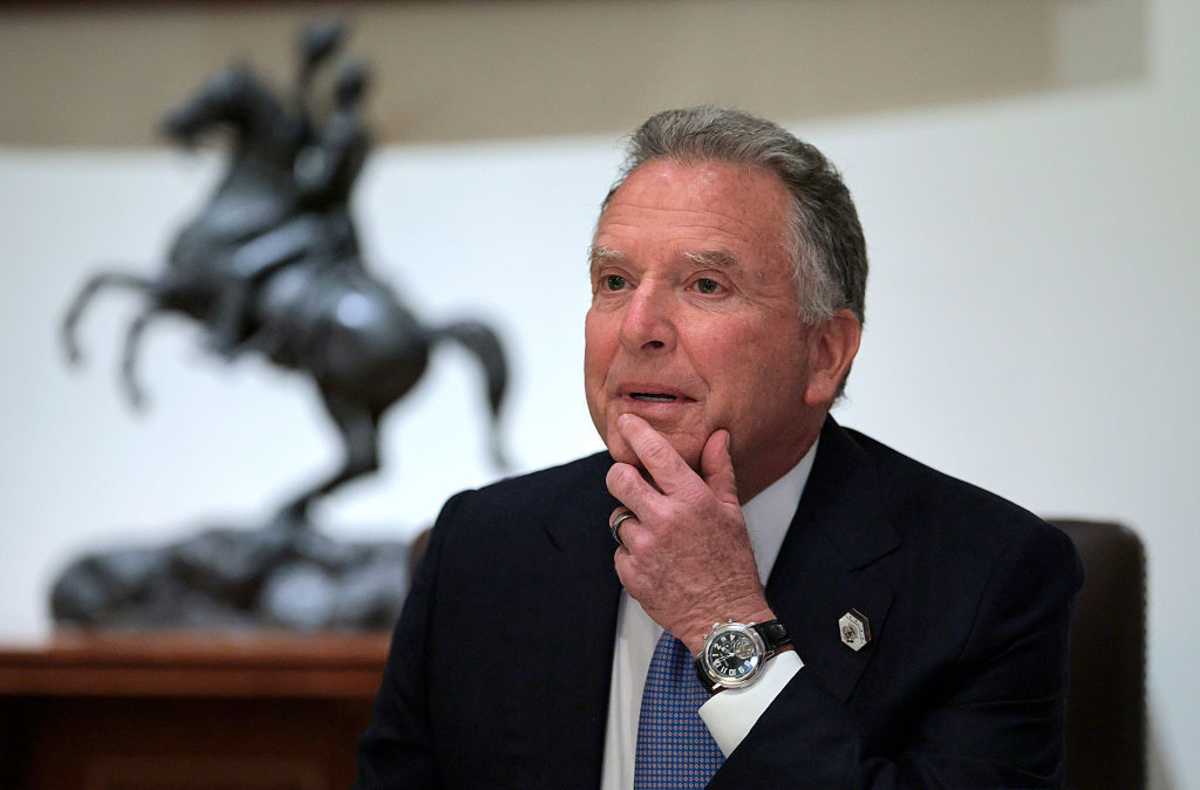
Dmitriev told Axios he spent three full days with Witkoff and other Trump advisers during an October 24–26 visit to Miami. He described the talks as productive and unusually candid.
“We feel the Russian position is really being heard,” Dmitriev said, expressing optimism that the proposal stands a far better chance of success than prior attempts.
Ukraine was expecting high-level talks but a key meeting was abruptly postponed
Witkoff had been scheduled to meet Ukrainian President Volodymyr Zelensky in Turkey on Wednesday, Ukrainian and US officials confirmed. But the trip was postponed at the last minute, leaving Kyiv with more questions than answers.
A Ukrainian official said Zelensky’s national security adviser, Rustem Umerov, met with Witkoff earlier in Miami.
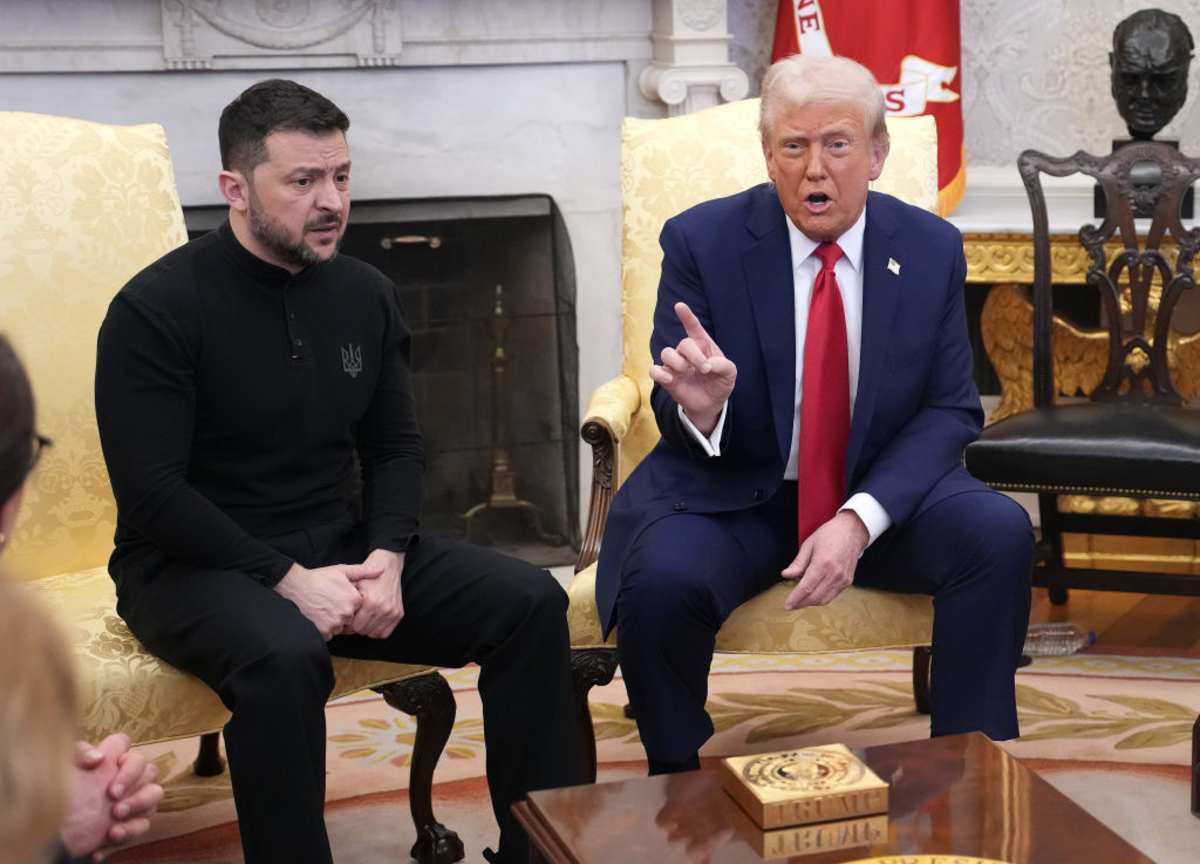
“We know the Americans are working on something,” the official said, hinting that Kyiv is bracing for a proposal but unsure whether it aligns with Ukraine’s interests.
The White House struck a cautiously optimistic tone.
“The president has been clear that it is time to stop the killing and make a deal to end the war,” a White House official told Axios. “President Trump believes that there is a chance to end this senseless war if flexibility is shown.”
The Alaska principles and the push for a broader European security reset
Dmitriev said the emerging framework builds on principles Trump and Russian President Vladimir Putin agreed to during a private meeting in Alaska earlier this year.
“It’s actually a much broader framework,” he explained, describing it as an effort to define “how to restore US-Russia ties [and] address Russia’s security concerns” while providing “lasting security to Europe, not just Ukraine.”
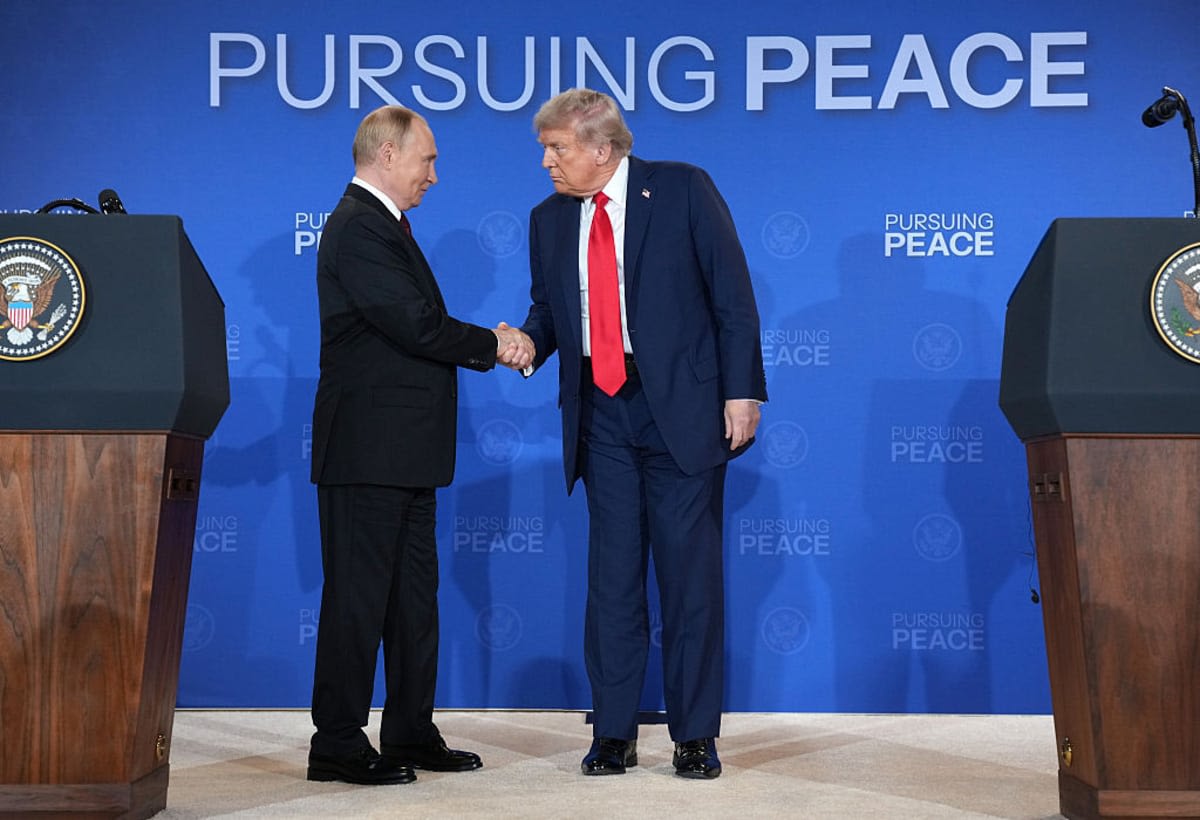
A written version of the proposal is expected before the next Trump-Putin meeting. Plans for a Budapest summit remain on hold but could be revived depending on progress.
European allies are being briefed but not yet convinced
The US has already begun briefing European governments, the US official confirmed.
“We think the timing is good for this plan now,” the official said. “But both parties need to be practical and realistic.”
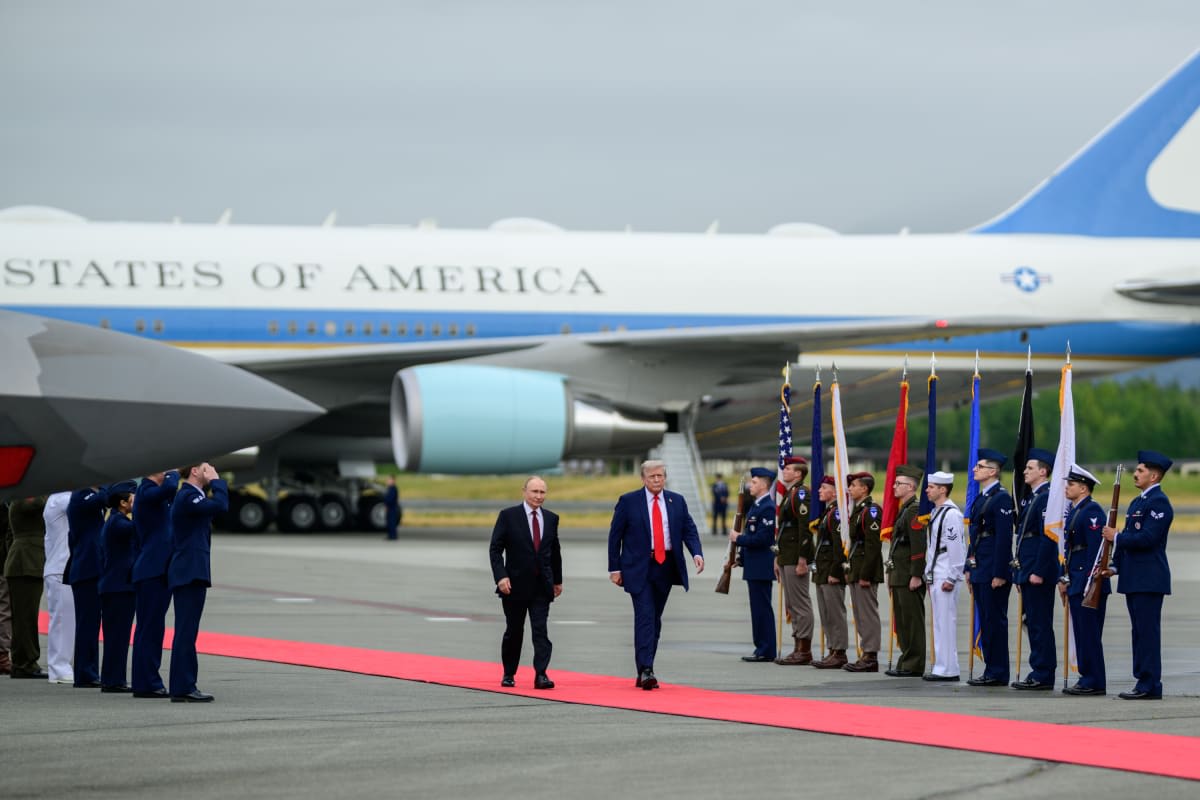
Dmitriev argued that the UK-led attempt to draft a Gaza-style peace plan for Ukraine is “entirely unrelated” and stands “no chance” because it ignores Russia’s demands. Instead, Moscow believes the Trump-led effort could succeed especially as Russian forces gain “additional successes on the battlefield,” increasing their leverage.

